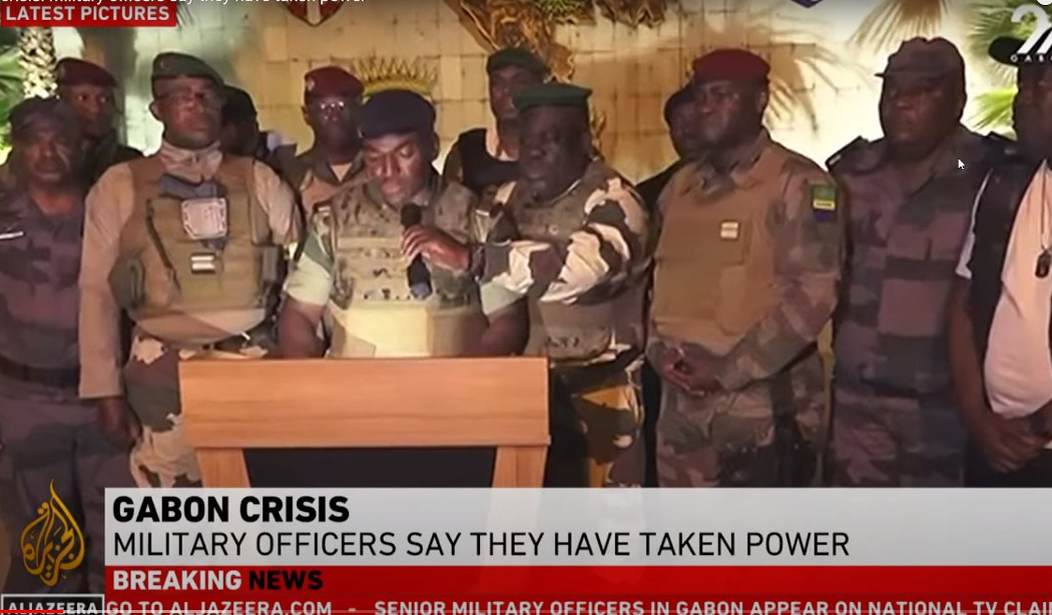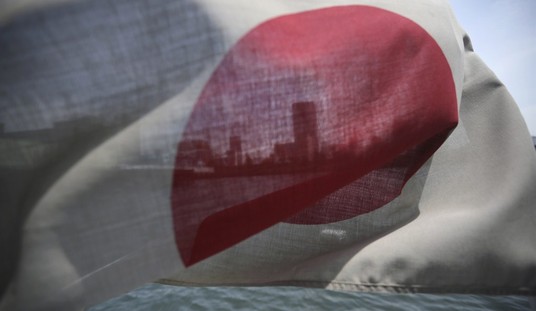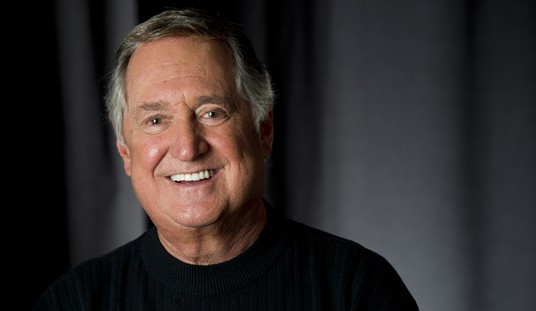Officers of Gabon's elite Republican Guard announced they had ousted President Ali Bongo Ondimba Wednesday morning, only hours after he won a highly disputed third term as president. The coup leaders annulled the result of Gabon's recent election, suspended government operations, and closed the borders. Former President Bongo and his family are now in custody, and the de facto ruler is General Brice Oligui Nguema, commander of the Republican Guard, the elite unit charged with protecting President Bongo.
Gabon is an oil-exporting country and the world's fourth-largest producer of manganese. It was a French colony until 1960. It has been ruled by the Bongo family (I swear, I'm not making that up) since 1967 and is officially a one-party state, just like California.
A group of military officers said they had seized power in the oil-rich Central African nation of Gabon early on Wednesday, overturning the results of a disputed election that returned the incumbent, President Ali Bongo Ondimba, for a third term in office.
Should the coup in Gabon stick, it will be the latest in a string of such events. Less than a month ago, Niger's elected kleptocracy was toppled from power (Coup in Niger Brings Imminent Threat of War and Foreign Military Intervention).

Even though Gabon achieved independence in 1960, it is effectively a French colony. French companies dominate oil and mineral extraction, and a French battalion is stationed in the capital of Libreville. The French-owned mining company Eramet has suspended operations.
🇫🇷🇬🇦 French mining company Eramet, which has roots to the Rothschild family, announced an immediate halt to its operations in Gabon after the military coup. pic.twitter.com/wuJEz5xv5w
— European Insider (@Europa_Insider) August 30, 2023
But France seems to be hedging its bets to allow it to recognize the coup-installed government.
France condemned the ongoing coup, Olivier Véran, the French government spokesman, told reporters on Wednesday morning. The French government “reaffirms its wish that the outcome of the election, once known, be respected,” he said.
Part of this may be a concern about legalisms and good government, but some seems to be raw politics.
Mr. Bongo’s relationship with France has wavered in recent years. He banned exports of raw wood, a move that eliminated jobs in France, and last year brought Gabon into the British Commonwealth, a pivot that Mr. Bongo heralded as “a new chapter” for his country.
I think the message we're seeing is that there are limits on the ability of liberal (small "l") democratic governments to survive in the poor soil of Africa, and the natural form of government there is some sort of despotism. That's something we should keep in mind before our next bacchanalia of nation-building.













Join the conversation as a VIP Member